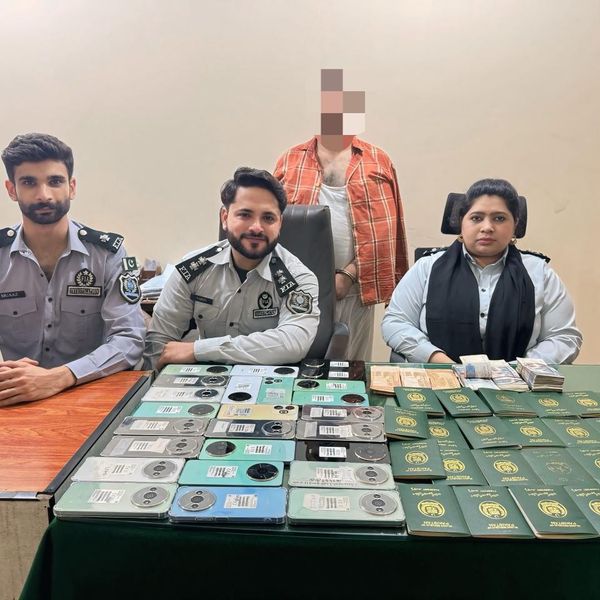Pakistan parliamentary delegation concludes UN visit
High-level delegation raises alarm over Kashmir, water dispute with India
News Desk
The News Desk provides timely and factual coverage of national and international events, with an emphasis on accuracy and clarity.

A high-level parliamentary delegation from Pakistan concluded a two-day diplomatic mission to the United Nations Headquarters in New York this week, urging the international community to intervene in rising regional tensions with India and uphold international law.
Led by Pakistan Peoples’ Party (PPP) Chairman and former Foreign Minister Bilawal Bhutto Zardari, the delegation met with UN Secretary-General Antonio Guterres, President of the General Assembly Dennis Francis, key members of the UN Security Council, ambassadors from the Organisation of Islamic Cooperation (OIC), and members of the media, civil society, and the Pakistani diaspora.
The visit was part of Islamabad’s broader campaign to draw attention to what it calls India’s “irresponsible behavior,” including alleged violations of international law, the use of force against civilians, and unilateral moves to suspend the Indus Waters Treaty (IWT) — a critical water-sharing agreement between the two nuclear-armed neighbors, according to a statement from the Foreign Ministry.
Pakistan message: Peace with responsibility
Carrying Pakistan’s message of "peace with responsibility,” the delegation warned that India’s actions pose a serious threat to international peace and security.
The delegation accused New Delhi of “unprovoked aggression” and belligerent rhetoric, including what Islamabad described as baseless accusations tying Pakistan to the April 22 attack in Indian-administered Jammu and Kashmir.
The delegation also raised concerns over India’s reported plans to withhold water under the Indus Waters Treaty — a pact that Pakistan views as a lifeline for over 240 million people. Delegates called India’s moves a form of “water weaponization” and a dangerous precedent that threatens regional stability.
In meetings with UN officials and diplomats, the Pakistani representatives reiterated the country's long-standing stance that peace in South Asia is not possible without resolving the Kashmir dispute in accordance with UN Security Council resolutions and the aspirations of the Kashmiri people.
“India’s attempts to establish a new normal by conducting arbitrary and unilateral strikes could lead to disastrous consequences in a region where both countries possess nuclear capabilities,” the delegation warned.
Contribution to war on terror
The officials also sought to remind the world of Pakistan’s contribution to the global fight against terrorism, stressing that Islamabad had been a front-line state in counter-terrorism efforts. At the same time, they accused India of sponsoring terrorism within Pakistan and running a transnational assassination campaign.
“Cooperation, not politicization, is required to effectively combat terrorism,” the statement from noted.
The delegation called for the revival of the Indus Waters Treaty and urged the UN and other global actors to support a comprehensive and meaningful dialogue between India and Pakistan on all outstanding issues — most importantly, the status of Jammu and Kashmir.
The delegation comprised senior political and diplomatic figures, including former ministers and ambassadors: Musadik Masood Malik, Sherry Rehman, Hina Rabbani Khar, Khurram Dastgir Khan, Syed Faisal Ali Subzwari, Bushra Anjum Butt, retired Ambassador Jalil Abbas Jilani, and retired Ambassador Tehmina Janjua.










Comments
See what people are discussing